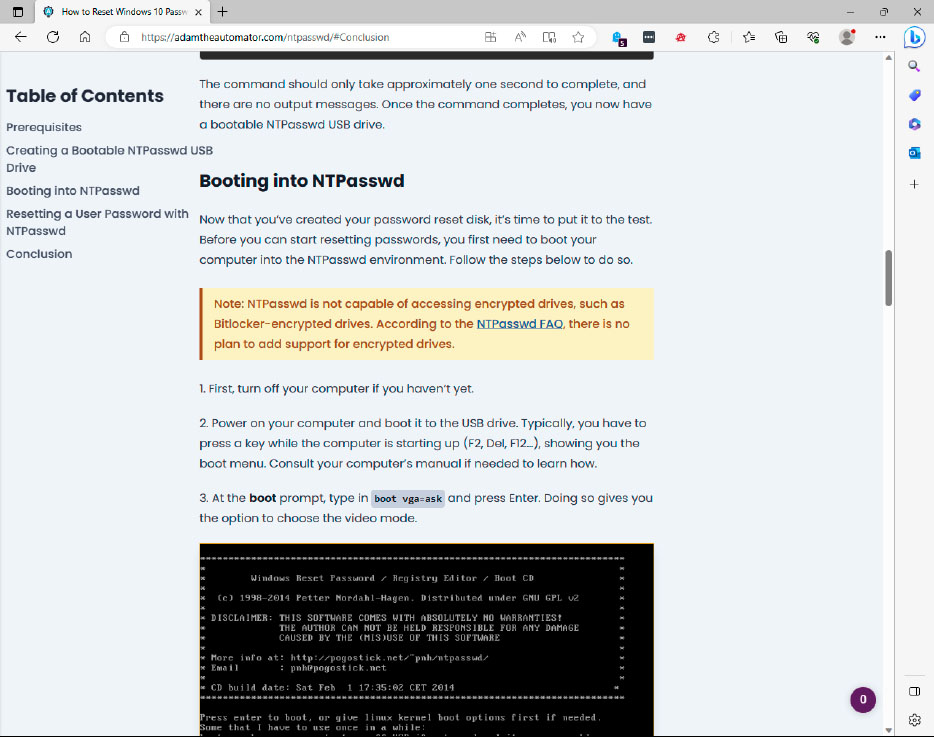SANS Institute to Empower Cyber Professionals in the Middle East at SANS Dubai May 2024
SANS Institute to Empower Cyber Professionals in the Middle East at SANS Dubai May 2024
SANS Institute has announced SANS Dubai May 2024 from 11-16 May at the Hilton Dubai, Palm Jumeirah. The course is expertly designed to equip cyber professionals with the skills needed to identify, counter, and prevent emerging cybersecurity threats, particularly those security professionals interested in expanding their knowledge of Red Team engagements and security control requirements.

Recent high-profile cyberattacks indicate that offensive attacks are bypassing defensive strategies, and cybersecurity experts, auditors, engineers and compliance officers are actively seeking practical solutions to protect their systems and data. In line with this, the UAE is witnessing a surge in demand for cybersecurity professionals with the necessary skills, with market projections indicating substantial growth from $0.52 billion in 2023 to an anticipated $0.95 billion by 2028.
SANS Dubai May 2024 offers two specialized courses through both in-person training and simultaneous live online sessions: the newly-launched SEC565: Red Team Operations and Adversary Emulation, and SEC566: Implementing and Auditing CIS Controls.
SEC565 will teach students how to develop and improve Red Team operations for security controls through adversary emulation, cyber threat intelligence, Red Team tradecraft, and engagement planning, ultimately improving the overall security posture of the organization.
In SEC566, students will learn how an organization can defend its information by using a vetted cybersecurity control standard, specifically how to implement, manage, and assess security control requirements defined by the Center for Internet Security’s (CIS) Controls across an organization’s complex networks, including cloud assets.
“As threats advance and become more sophisticated, organizations in the Middle East must proactively assess their security measures. Mastering offensive security techniques is necessary today, and that’s where the SANS Institute comes in,” says Ned Baltagi, Managing Director – Middle East, Turkey and Africa, SANS Institute. “By leveraging threat intelligence and…




